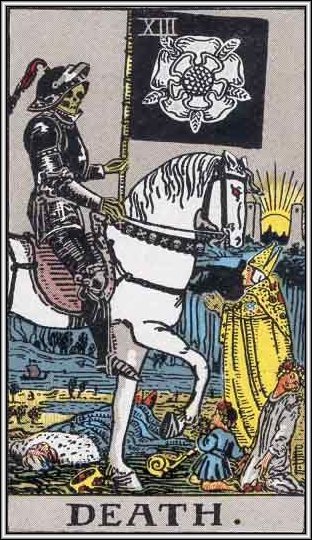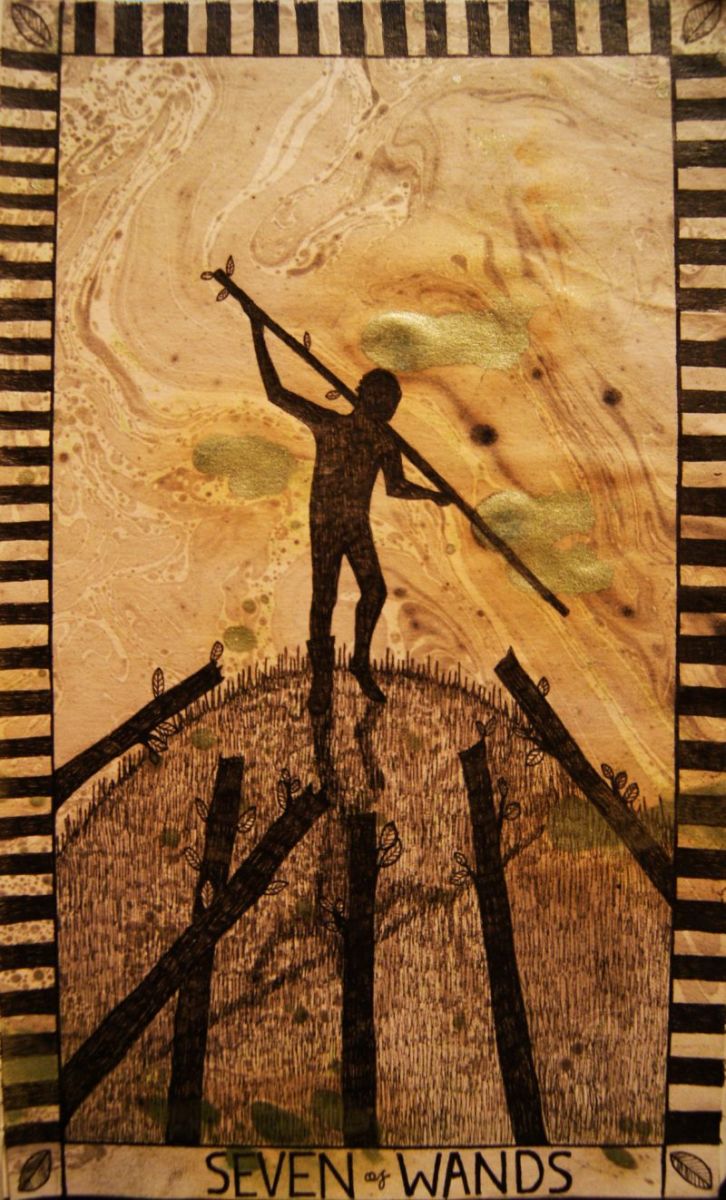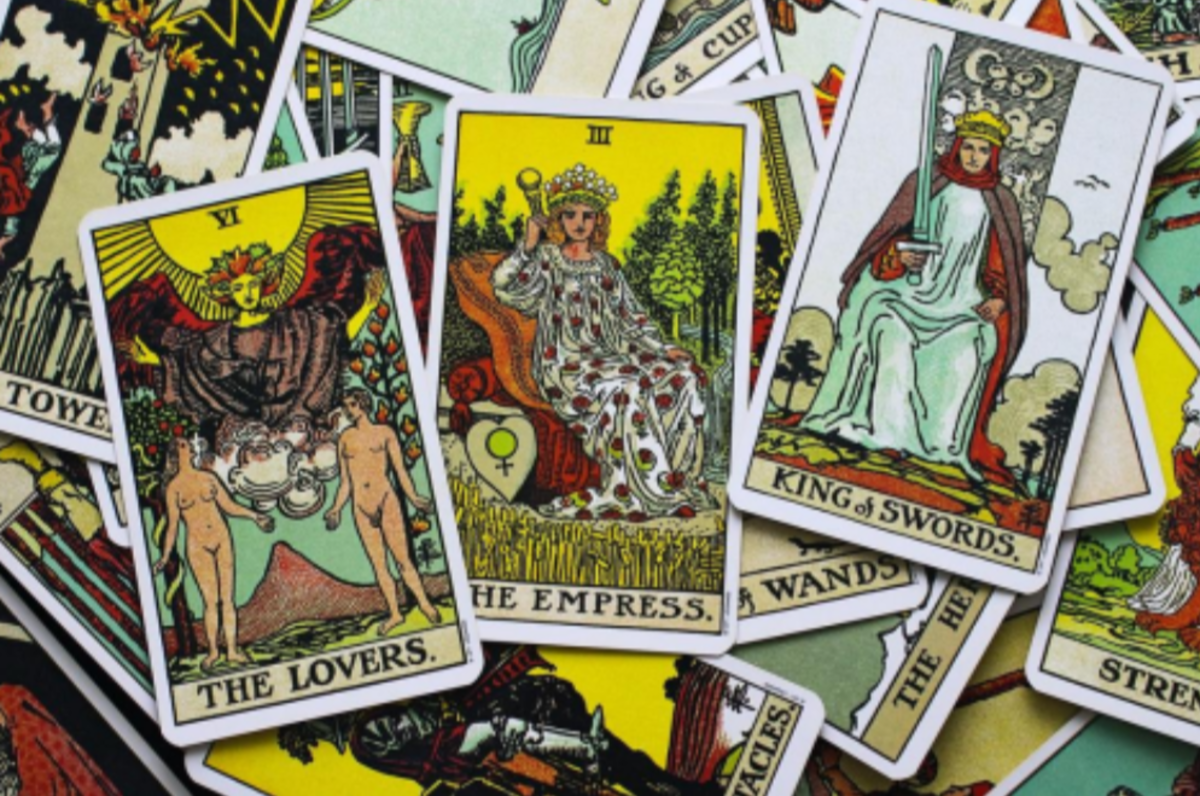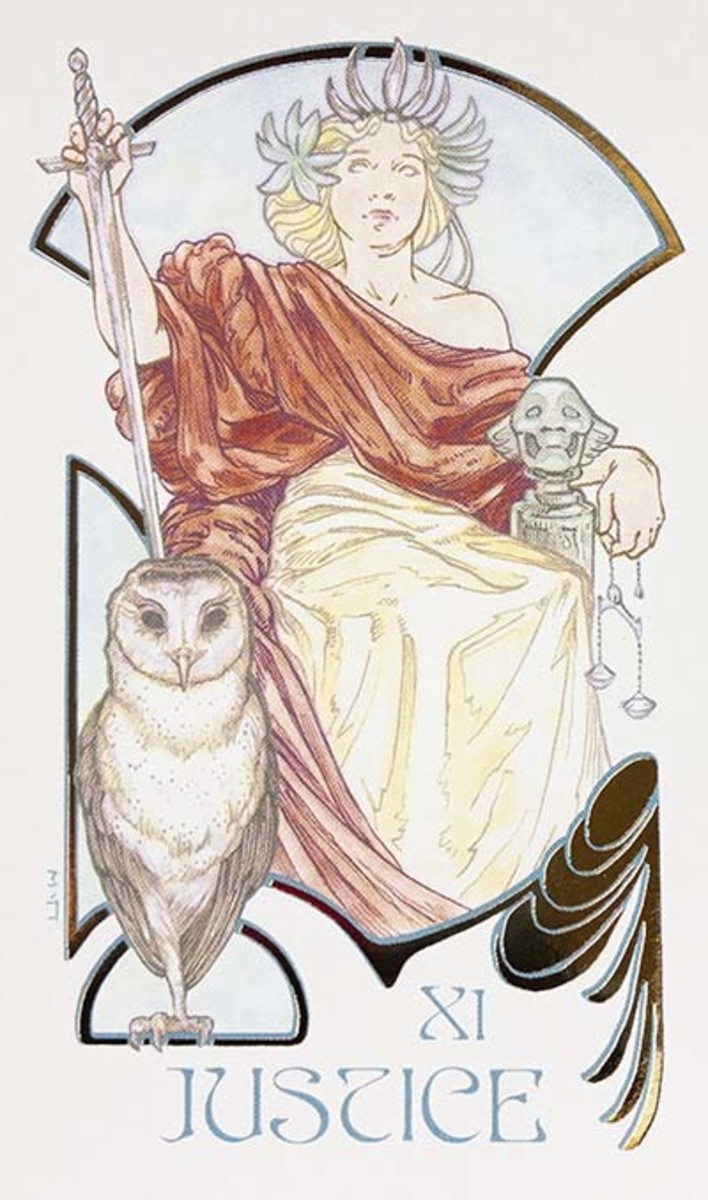The Origins of Tarot Cards



Historically, tarot cards have often been associated with fortune-telling, the occult and a past perceived to be shrouded in mystery. There are many myths about how Tarot Cards came to be and where they originated. For these reasons many serious historians have avoided association with the subject, therefore leading to much misinformation regarding their origin and history.
Tarot cards were originally used for playing a game called tarocchi, and had nothing to do with foretelling the future than did other types of playing cards. There were no secret symbolic meanings. Actually, all playing cards have been used for divinatory purposes at one time or another.
In the beginning, tarot cards were merely an early form of modern playing cards. They were known to exist in Europe during the 14th century and thought to have arrived there from Italy, France and Arabia. The origin of the name tarot is unclear and many theories exist. Although the origin of the word itself is French, it is thought the Italian word "tarocco" (plural "tarocchi") was initially used, and the modern terminology came about nearly a century later. Some researchers hypothesize it’s a derivation of the Arab word turuq, meaning "four ways."
It’s been said the first Tarot deck was created as an amusement for Charles VI of France. Other theories suggest the cards were created around 1430 in Milan, Ferrara or Bologna, Italy and additional trump cards, known as triumph cards, were later added to the suit and used to play a game similar to bridge called Triumphs.
The pictures and symbols depicted on them eventually underwent change and they soon became popular in Sicily, Austria and Germany. Since there were no printing presses, cards were hand painted. The French and English were fascinated by them despite the fact most civil governments of the day had banned their use. But tarot cards were an exception. As early as the fifteenth century, the Church had condemned all forms of playing cards, being thought to be tools of the devil.
In 1781 a former Protestant pastor, Antoine Courtde Gebelin, wrote a hypothetical history on them that many believe spurred their use as a means of divination. Gypsies were among the first to use them for that purpose. But it was a French occultist by the name of Alliette, who publicized the concept of using tarot cards for divination. He is credited with designing the first esoteric tarot deck, consisting of astrological attributes, some Egyptian motifs along with interpretive meanings. From then on mystics and occultists have been using tarot cards. Tarot as we know it today is a collection of images and symbols from a wide variety of cultures.
A tarot card deck consists of 78 cards, 22 being major arcana (Latin for "big secret") and 56 minor ones. The major arcana represent a person's travels through life. The minor arcana include four suites of 14 cards; wands, coins, cups, and swords. The Rider-Waite tarot deck is the most popular in English speaking countries today and used for divination or as a symbol-system for personal growth and development. For a more in depth look at the meaning of individual cards see: http://www.ata-tarot.com/resource/cards/



